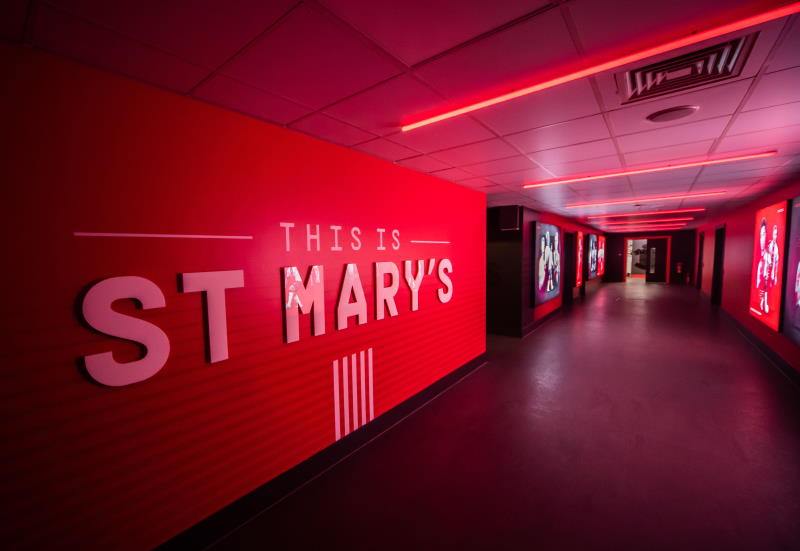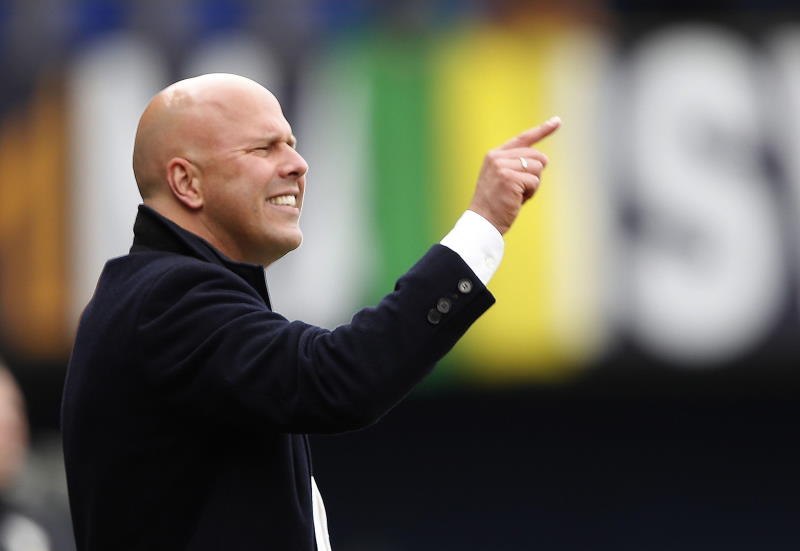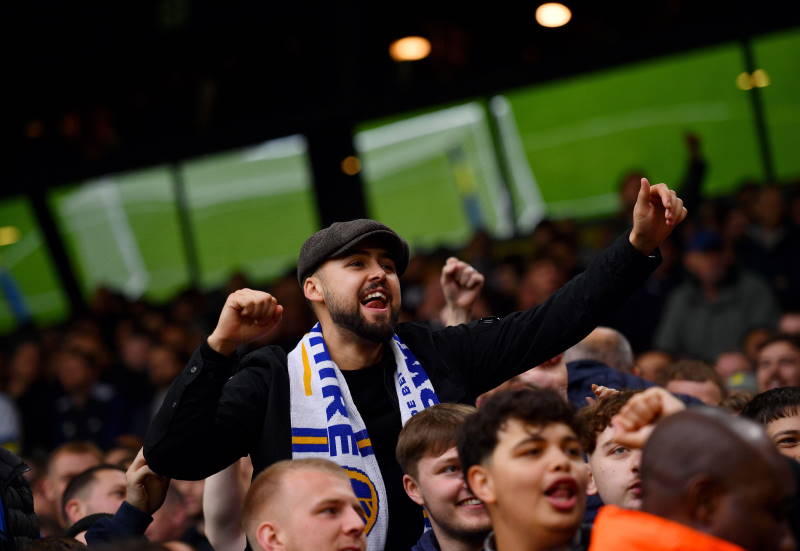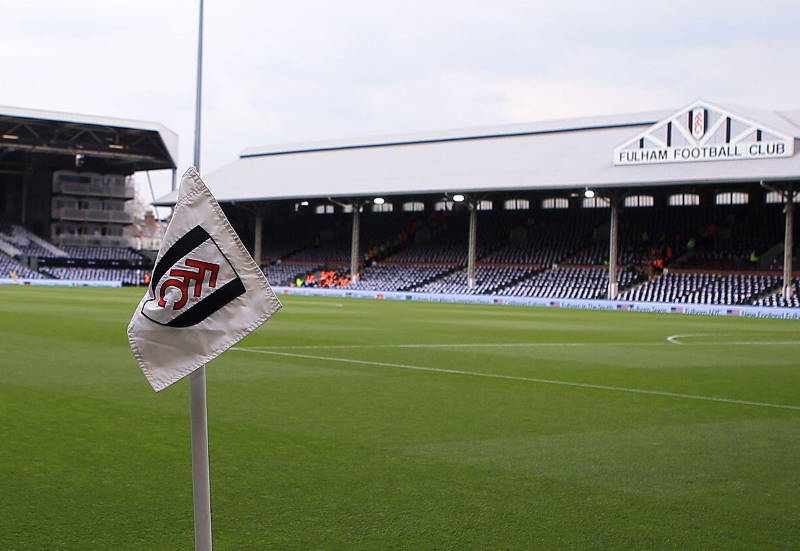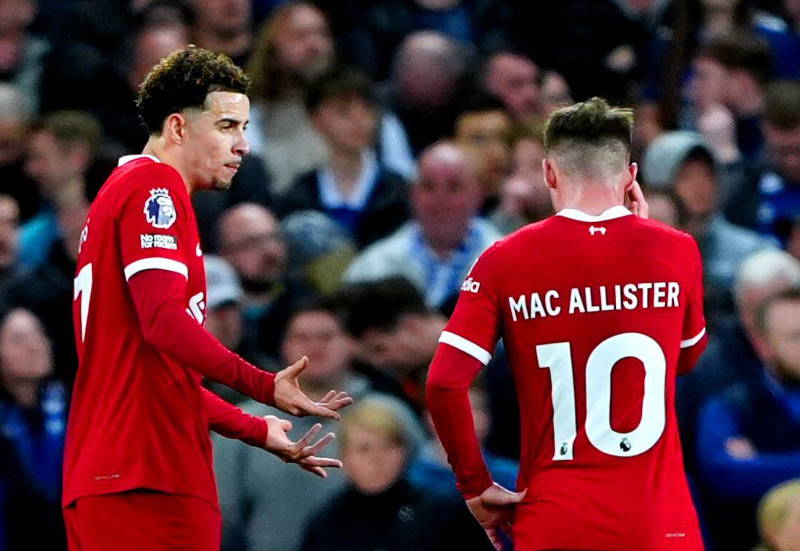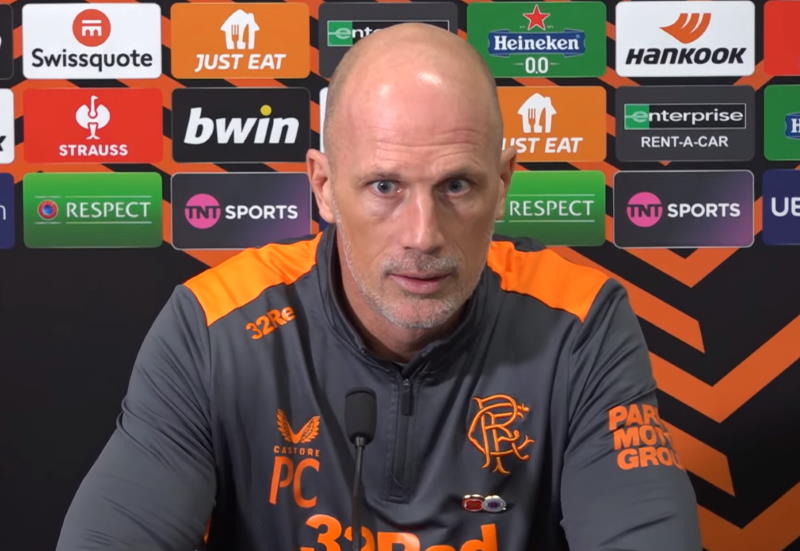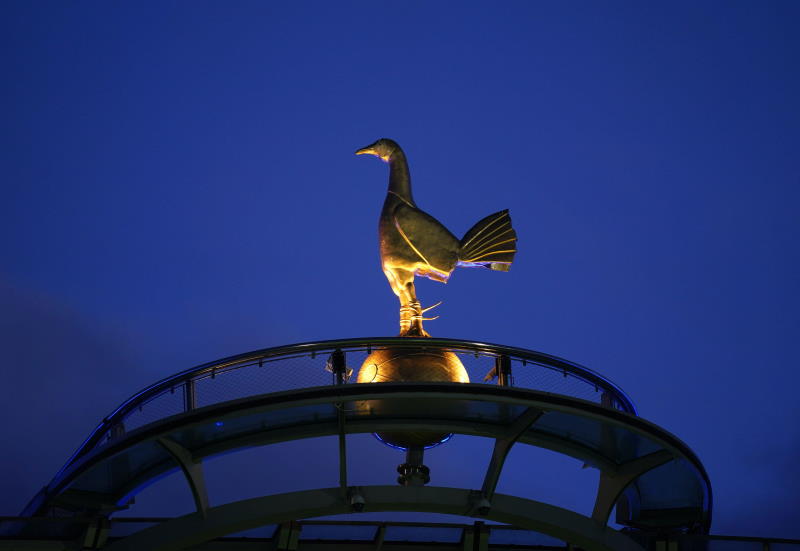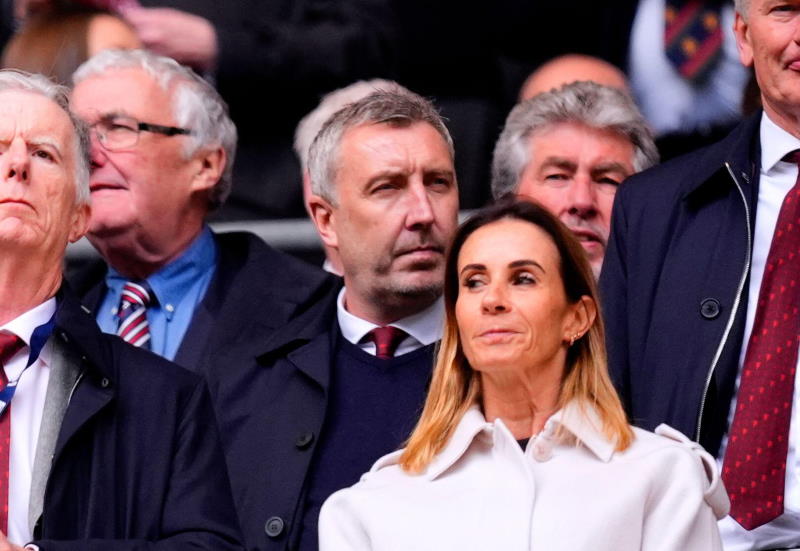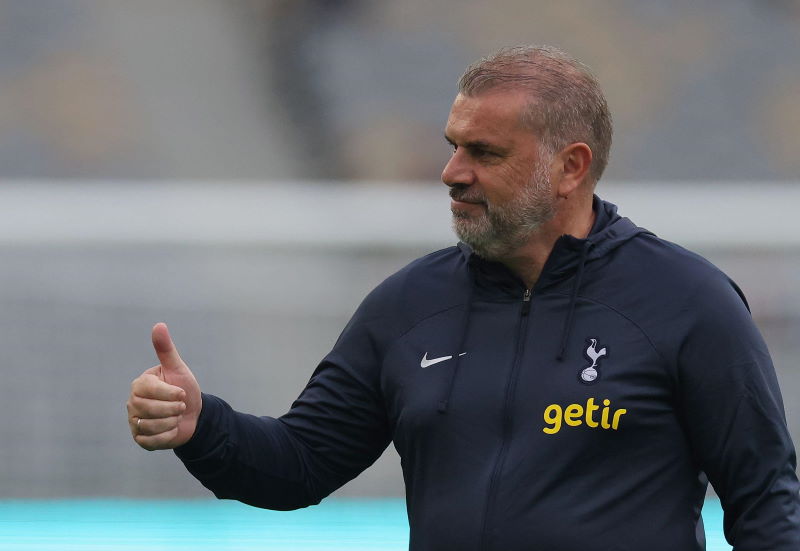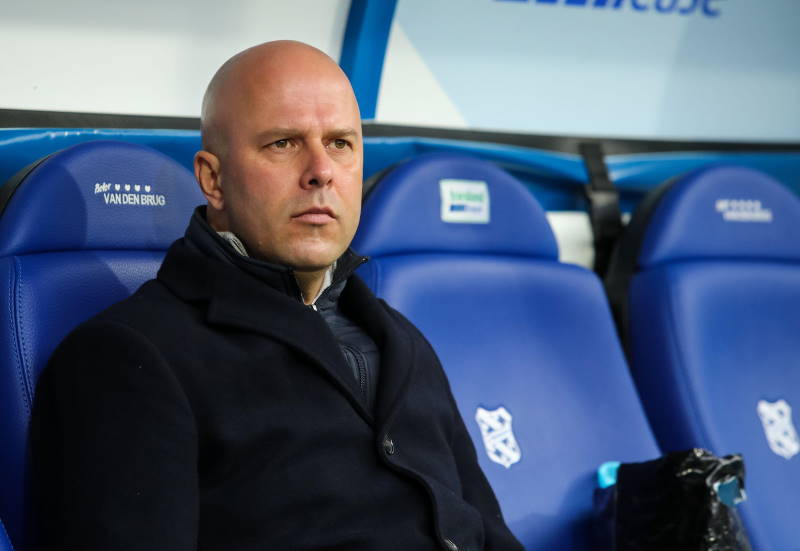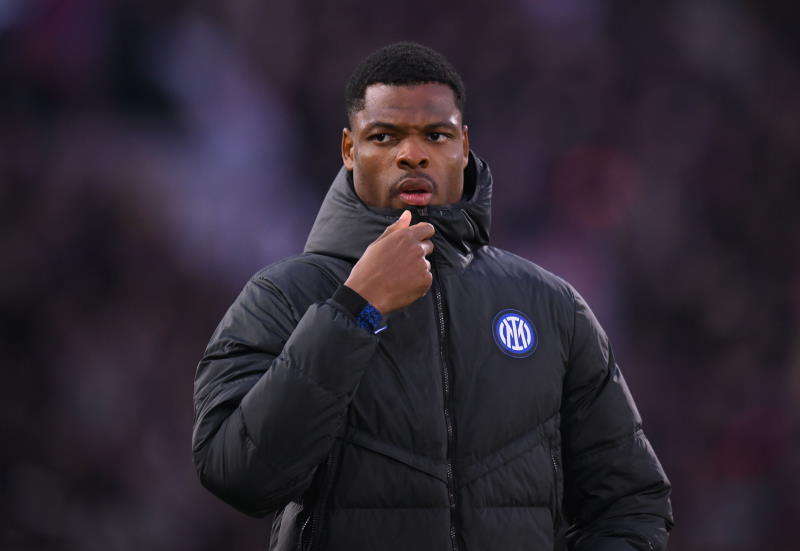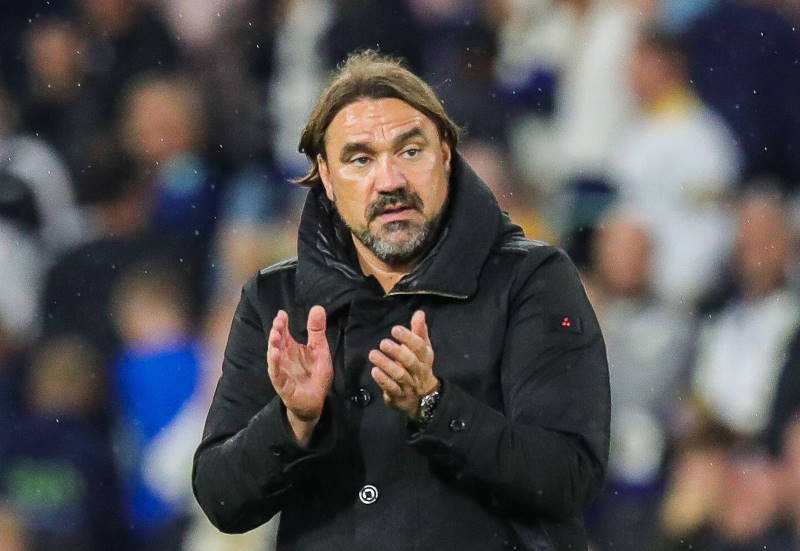 [kalooga-img]
[kalooga-img]
Maybe he was just tired of the constant speculation over his future, more likely it was the early reporting of the deal which forced Bayern Munich’s hand, but Pep Guardiola will be joining the Bavarian giants this summer. It was a poke in the eye to the English and in particular those pesky ‘well placed’ journalists quoting sources that the former Barcelona manager was “100 per cent certain” to be joining one of Chelsea/Manchester City/Manchester United this summer.
Chelsea in particular will now have to consider where they go next, after being rejected by Guardiola, who as much as anything else may have simply wanted to avoid a quick reunion with Jose Mourinho in the Premier League next year. The Portuguese was a key factor in wearing out Guardiola during his time at Barcelona, with the 2010/11 season particularly taxing on him.
Instead, Bayern Munich presented an opportunity Guardiola could not resist. It turns out he was seduced, but by history, glamour, passionate fans and stability rather than oil money from Russia or the Middle East. Bayern Munich are arguably stronger on the pitch than any of the English teams and they are healthier off it too than their Premier League rivals, with no debts to pay off in spite of having a reasonably new and shiny stadium. In terms of revenue, the Germans are, along with Real Madrid, Barcelona, Manchester United and Arsenal, one of the world’s top five teams.
Guardiola’s decision is an idealistic one in many respects. It is interesting to note how the leading figures at Bayern Munich have taken aim at the financial irresponsibility of Chelsea, Manchester City and Paris Saint-Germain in recent years. The Catalan’s decision to sign for a team who break even every year and for who the finances must add up is refreshing in a sport where unlimited wealth threatens to destroy true competition.
Having being attracted by the idealism of Bayern Munich, Guardiola has the chance to prove himself as a manager outside his homeland. In spite of the remarkable success he brought to Barcelona, there are still those who put that down to having the best players in the world, or to the fact that he knew the workings of the club inside out. Certainly both of those things help and Barcelona’s record-breaking first half of their La Liga campaign this year, which has not slowed under Jordi Roura after Tito Vilanova was forced to resume his battle against cancer, only underlines those suspicious of Guardiola’s real qualities.
It is certainly unfair to dismiss what he achieved at the Camp Nou as the inevitable consequence of circumstance. The finest player in the world at the time of Guardiola’s arrival was Ronaldinho, whom he turfed out unceremoniously, instantly upon taking the job. Deco and Samuel Eto’o were also discarded, although the latter’s determination and work-rate in training convinced Guardiola to give him a final chance, which he was to use up by the next summer.
The attention to detail, the rigour and the understanding Guardiola brought to the job were pivotal. Spending hours studying tapes of opponents before games until he was able to identify the fundamental weakness which could guide his side to victory was a key aspect of the Guardiola regime. And he must be given full credit for the high pressing game the Blaugrana have played in recent years. The former midfield general demanded 100 per cent of his players, intent that they would never lose a game through want of trying. Guardiola also stopped players spending long and boring hours holed up in hotels the night before away matches and generously rewarded them for their successes with leisure time. This is not a man who won 14 trophies in four years through luck.
He will enter the Allianz Arena looking to impose the same standards and style on his new club. It won’t be as easy – he does not have La Masia, for one thing. Neither does he have Vilanova or the rest of the backroom staff who were crucial to his success at the Camp Nou. And Bayern Munich are already one of the world’s top teams, finishing as Champions League runners-up in two of the last three seasons. The challenge now is to blow Borussia Dortmund out of the water and catch up with Barcelona and Real Madrid. The size of the club and the wealth they have gives the Bavarians the potential, although they cannot compete for television revenues with the Spanish giants.
It will be fascinating to witness next year’s duel between Bayern Munich and Borussia Dortmund. Jurgen Klopp has turned his team into one of Europe’s most improved and attractive sides with an intensive high pressing game and the kind of attention to detail reminiscent of Guardiola. Tactically, it should be one of the most interesting stories of next season, to see which of arguably the two most forward-thinking coaches in European football comes out on top.
The challenge is fraught with risk. Many in England may think Guardiola has dodged a bullet by shying away from the political instability at Chelsea, but Bayern Munich are hardly an easy ride. Some of the world’s greats stroll the corridors of power at the Allianz Arena, from Karl-Heinz Rummenigge, chairman of the European Clubs’ Association, to president Uli Hoeness and sporting director Matthias Sammer. Surviving in the politically charged Bavarian atmosphere is a challenge for any coach. The strain Guardiola faced during his time at Barcelona wore him down and although he does not face the same kind of daily scrutiny that he did there, or Jose Mourinho for that matter, this will be no simple task. It may help if Rummenigge, Sammer and co. can take some of the media spotlight away from Guardiola though. And it is also interesting that Guardiola has a three-year deal, having shied away from such long-term commitments, preferring rolling contracts, at Barcelona.
This is by no means a guaranteed win for both sides. On the pitch, Arjen Robben when he is fit can too often try and go it alone, something Guardiola will surely not appreciate. Franck Ribery has had his own troubles too, and given the way he revamped Barcelona immediately, it will be interesting to see if Guardiola makes similarly sweeping changes in Munich. Does a pure forward such as Mario Gomez have a place in his system, for example. These are the kinds of questions Guardiola now has to grapple with. He knew he was going to become Barcelona coach a few months before taking over there and now has the same time to use to get to know his new team and work out how he will manage them. Known as FC Hollywood because of the array of stars on show, Guardiola will surely emphasise the team collective at Bayern Munich, and if his methods work, they should more than live up to their nickname on the pitch.
Betting on football? Check out Inside Bet before you bet!
[kalooga-article]

